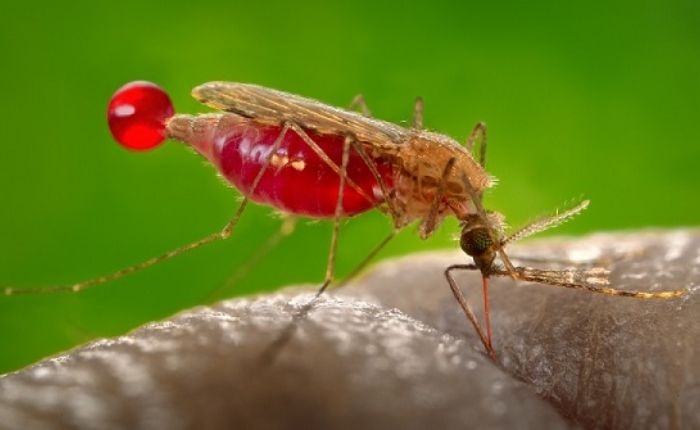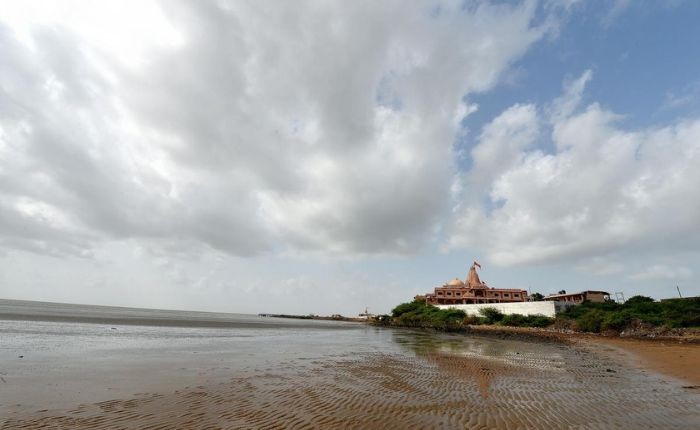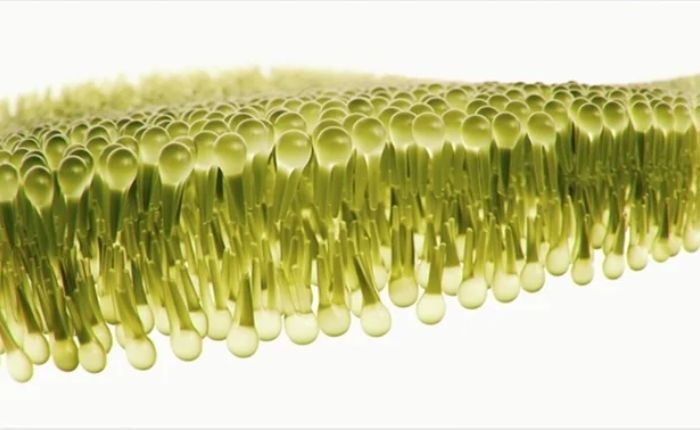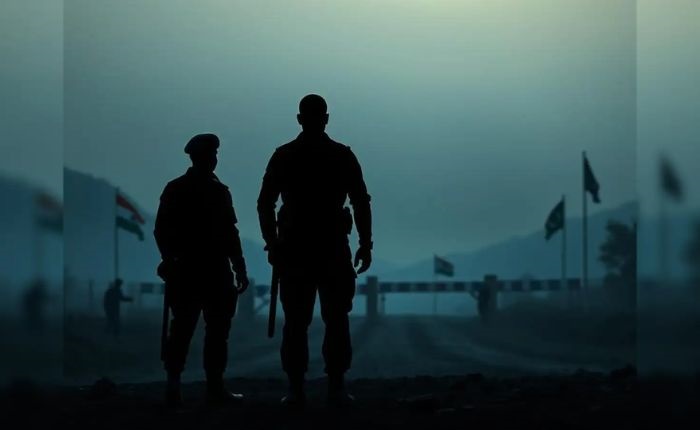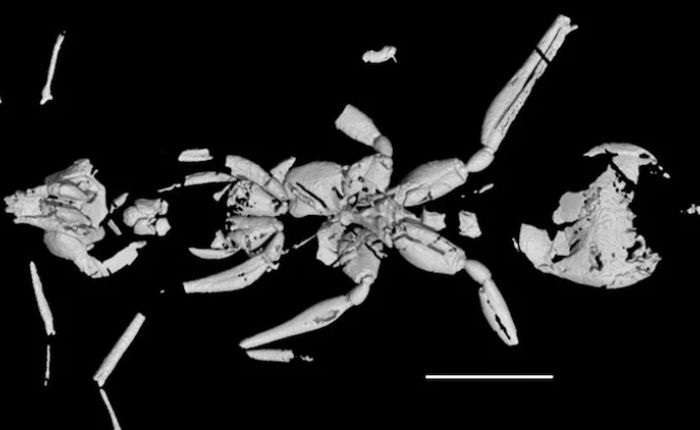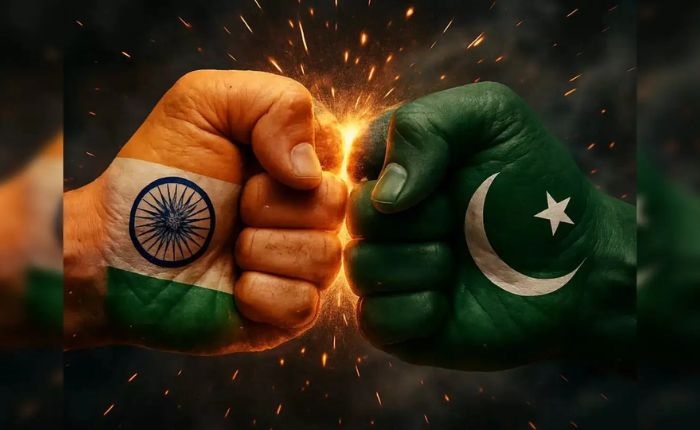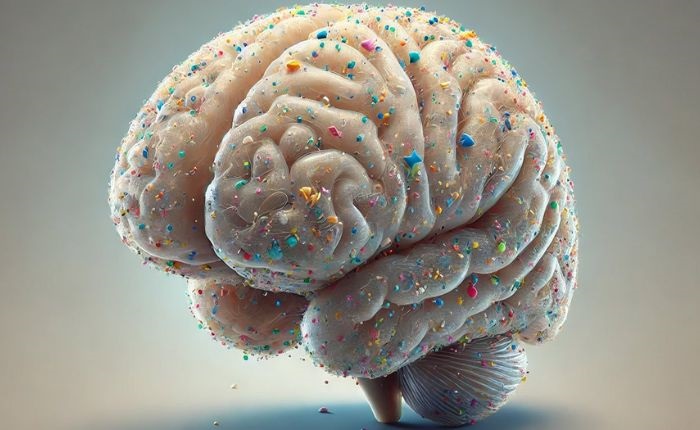10 crucial facts about Malaria: From ancient mummies to drug resistance
Malaria, one of humanity’s oldest diseases, has been traced back to ancient Egyptian mummies, revealing its deep historical roots. Despite significant advancements in treatment, including the development of artemisinin-based therapies, the emergence of drug-resistant strains poses a growing threat. The World Health Organization warns that resistance to antimalarial drugs could undermine global eradication efforts, emphasizing the need for continued vigilance and innovation in combating this persistent disease.
Read more at Firstpost
India skirts maritime border dispute with Pakistan by fresh continental-shelf claim
India has filed a fresh claim with the UN to extend its continental shelf by 10,000 square kilometers in the Central Arabian Sea, carefully avoiding the disputed Sir Creek area with Pakistan. By focusing on uncontested waters, India advances its maritime rights without escalating tensions. This move strengthens India’s resource exploration potential while respecting frameworks like the Simla Agreement for resolving bilateral disputes peacefully.
Read more at The Hindu
Role of Lipids in Protein function and Co-Evolution
Recent research underscores the critical role of lipids in protein function and their co-evolution. In mitochondrial membranes, proteins interact with specific lipids unique to their biological kingdom – plant or animal. Plant lipids, rich in polyunsaturated fatty acids, confer greater membrane flexibility, aiding stress resistance. This lipid protein co-evolution adds complexity to cellular evolution and has significant implications for understanding human health and disease treatment.
Read more at Civils daily
What is the Simla Agreement and how Pak has violated it in the past
The Simla Agreement, signed in 1972 after the India-Pakistan war, pledged peaceful resolution of disputes and respect for the Line of Control (LoC). Pakistan has violated it multiple times, notably during the 1984 Siachen conflict, the 1999 Kargil War, and through ongoing support for cross – border terrorism. Recently, after the Pahalgam terror attack, Pakistan suspended the agreement, further escalating tensions with India over Kashmir and bilateral ties.
Read more at NDTV
Hell ant from 113 million years ago discovered
Scientists have discovered the oldest known ant fossil – a 113-million-year-old “hell ant” named Vulcanidris cratensis – in Brazil’s Crato Formation. This winged predator had upward-facing, scythe – like jaws used to impale prey, a feature unseen in modern ants. The find predates previous ant fossils by 13 million years and suggests ants were already diverse and widespread during the Cretaceous period. It also marks the first hell ant fossil found in rock, not amber.
Read more at Cell
Gastrointestinal Cancer risk may rise with frequent chicken eating, finds new study
A new Italian study suggests that eating more than 300 grams of chicken per week may raise the risk of gastrointestinal cancer. Researchers tracked nearly 5,000 adults over 19 years and found a 27% higher mortality risk among heavy poultry consumers, especially men. Factors like overcooking, pesticide exposure, and hormones in meat are suspected causes. Experts recommend moderating chicken intake and choosing varied protein sources like fish and plants.
Read more at Mid-day
What are atmospheric rivers and why do they cause flooding?
Atmospheric rivers are narrow bands of moist air that transport massive amounts of water vapor from the tropics to other regions. When these “rivers in the sky” hit land, especially mountains, they release intense rain or snow, often leading to floods and landslides. While essential for replenishing water supplies, their growing intensity – fueled by climate change – poses increasing risks to infrastructure and communities worldwide.
Read more at Reuters
Pakistan just had a close shave. Can it afford to fight India?
Following the Pahalgam terror attack that killed 26 tourists, India has implemented a series of retaliatory measures against Pakistan, intensifying bilateral tensions. These actions include suspending the Indus Waters Treaty, closing the Attari-Wagah border crossing, expelling Pakistani military advisers, reducing diplomatic staff, and revoking visas for Pakistani nationals. With war clouds looming, Pakistan, grappling with a fragile economy and dependence on international loans, faces a dire situation if a military conflict erupts. Experts caution that even a brief war could cripple Pakistan financially and militarily.
Read more at The Economic Times
Microplastics found in Human Brains
A groundbreaking study has found microplastics in human brain tissue, raising serious health concerns. Researchers discovered plastic particles in every sample tested, with brains containing significantly more than other organs. Worryingly, people with dementia had up to ten times higher levels. Scientists say it’s too early to know the full effects, but urge people to reduce plastic use by choosing reusable glass, metal, or cloth alternatives to protect their health.
Read more at Health Sciences
Kei Nishikori battles to milestone 450th win of career with opening victory in Madrid
Kei Nishikori celebrated a major milestone by earning his 450th career win at the 2025 Mutua Madrid Open, beating Aleksandar Vukic 6-4, 3-6, 6-3. Nishikori, the first Asian player to reach this number, achieved it after battling back from a tough back injury. The former world No. 4 now moves on to face Denis Shapovalov in the second round, inspiring young athletes with his resilience and dedication.
Read more at Tennis
